- Home
- slideshows
- miscellaneous
- Meet the 21 most powerful Facebook advertising execs who keep its $55 billion ad business booming - even as regulation and privacy challenges loom
Meet the 21 most powerful Facebook advertising execs who keep its $55 billion ad business booming - even as regulation and privacy challenges loom
Ty Ahmad-Taylor, VP of product marketing

Gedioen Aloula, global VP of marketing at Instagram
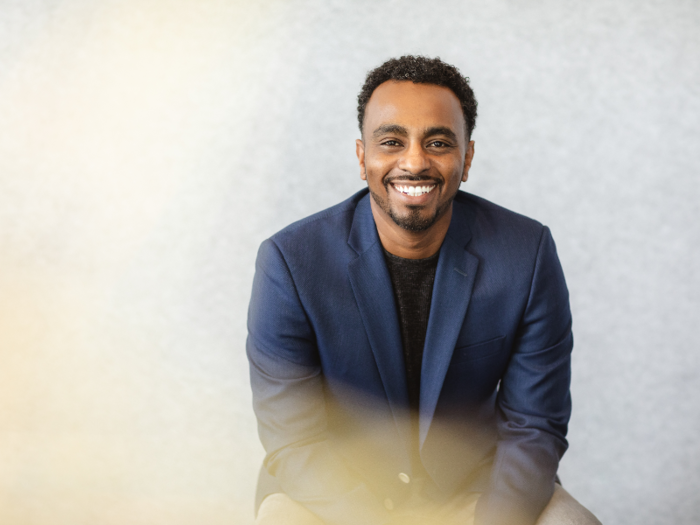
Aloula joined Instagram in June, filling a role that Clifford Hopkins previously held.
Aloula's task of building awareness for Instagram comes as Facebook is working to integrate all its brands. According to a job posting earlier this year for the position, he'll be tasked with moving Instagram's marketing from a performance-focused model to one with a more equal balance of performance and brand building.
Before joining Instagram, he served as global head of marketing at HP and worked in consumer marketing at Visa.
Gene Alston, VP of partnerships
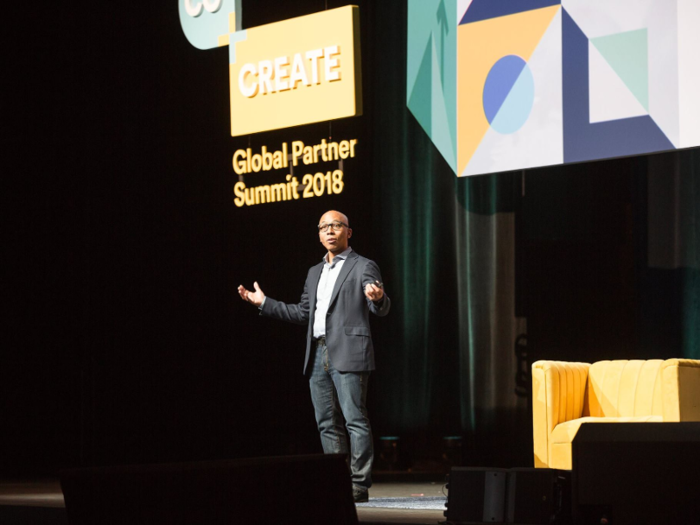
Think of Alston as the gatekeeper to Facebook's partnerships with hundreds of ad-tech firms, marketing companies and startups.
Advertisers often complain that Facebook limits the amount of data it shares with third parties, and it's further cut back the third-party data advertisers have access to for ad targeting after the Cambridge Analytica scandal.
Alston, a former Pinterest and Groupon exec who joined Facebook in 2017, is charged with vetting the companies Facebook works with. In January, he was involved in inking a deal with ad-tech companies DoubleVerify and OpenSlate to provide brand-safety tools to advertisers. Facebook also created an online training course that freelance and independent consultants can take for $99 to become certified in skills like using the Facebook Pixel to run and track ad campaigns.
"Our latest partnerships really help people understand how their ads have been seen on our platform," he said in a March interview with his alma mater, the UCLA Anderson School of Management. "Companies can verify on a third-party basis whether ads have been seen by the audience that the clients are looking to reach. And then that allows them to better measure the impact on their business."
Yoav Arnstein, head of marketing for Facebook Audience Network
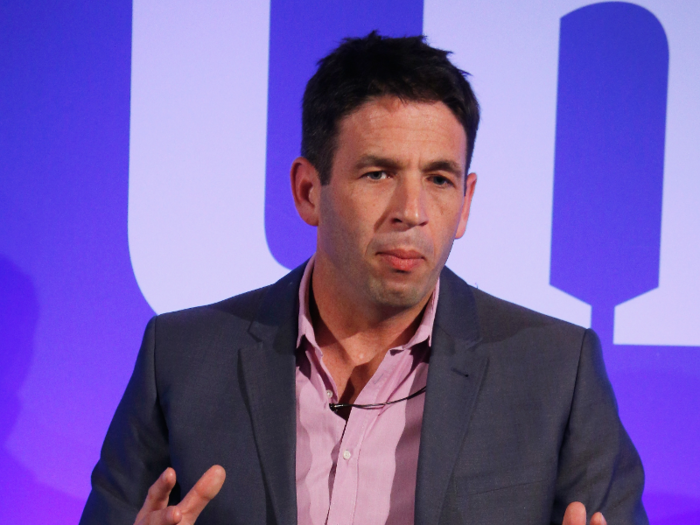
Most of Facebook's ad revenue comes from ads placed in its own apps, but Audience Network, an ad network that places ads on publishers' websites and apps, is a billion-dollar business for the company. Arnstein, who joined Facebook in 2014 through the acquisition of video ad-tech firm LiveRail, helps run Audience Network.
Audience Network has been met with brand safety concerns from advertisers who want more control over where their ads appear. Arnstein has worked with advertisers to create blacklisting tools for advertisers that address some of those concerns, though advertisers have asked for more whitelisting tools.
"If we do it right, it doesn't only benefit Audience Network, it benefits publishers in their relationships with other demand sources," Arnstein told Business Insider in February.
Alvin Bowles, VP of global publisher sales and operations
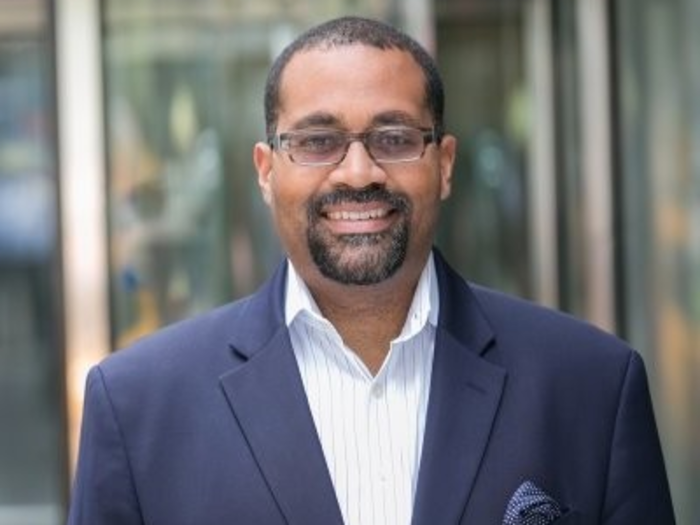
When Facebook shut down its Atlas ad server and video exchange LiveRail a few years ago, it was a signal that Facebook was shifting some ad-tech resources to focus on its own platforms — but it still provides technology tools to publishers.
Bowles oversees publisher monetization tools within Audience Network. Last year, he helped launch mobile header bidding tools that publishers use to auction ad space in real-time. He also struck deals with ad-tech companies like Twitter's MoPub and Fyber to let Facebook plug its technology into the ad-tech companies' tools so that publishers didn't need to install new tools to make money off the program.
"We feel that the best way for Facebook to play in the ad-tech space is to leverage the things we do best, and that's data and demand," Bowles, who joined Facebook in 2015 after having ad sales roles at BET, AOL, and Time Warner, told AdExchanger last year.
Mark D'Arcy, VP of global business marketing and chief creative officer
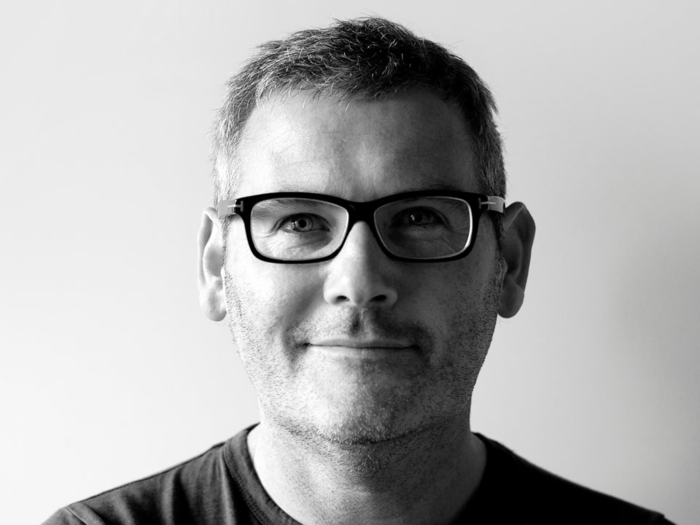
D'Arcy was named VP of global business marketing and chief creative officer last year, from running Creative Shop, Facebook's in-house team of strategists that help brands make custom creative campaigns for its platforms. He also founded Facebook's creative council in 2012.
With his new role, D'Arcy got more oversight into Facebook's global marketing business team, which develops advertising strategies and products. Now, he's among a small group of Facebook execs including Carolyn Everson and Antonio Lucio that helps advertisers plan how to use the platform.
"It's an exciting challenge to develop new marketing programs and tools for all businesses from the world's most established brands to small businesses and entrepreneurs that use our platforms to grow," D'Arcy, a former Time Warner executive who joined Facebook in 2011, said when he was promoted.
Carolyn Everson, VP of global marketing solutions
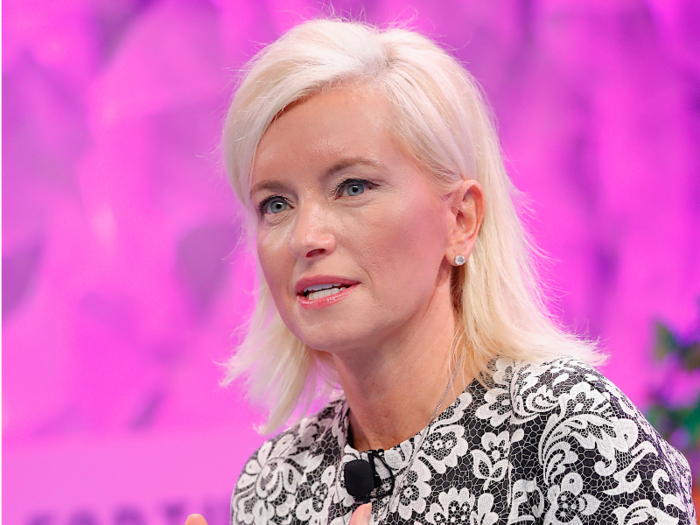
Everson is among Facebook's most senior advertising executives and has been at the forefront of its efforts to talk marketers through multiple privacy and data scandals in recent years.
As VP of global marketing solutions, Everson also relays Facebook's broad strategy changes — like a focus on privacy and new formats including Stories — to its seven million advertisers.
In a sign of how Facebook is putting a bigger focus on small and mid-size businesses, Everson's role expanded earlier this year to encompass small marketers in addition to big brands.
Lately she's focused on getting three million advertisers on board with Facebook's nascent Stories ad format. In light of privacy concerns and looming regulation, she also encourages advertisers to use first-party data for ad targeting.
"There's still a plethora of ways to utilize our platforms," she told Business Insider recently. "It's not like targeting is going away — we don't think relevant ads and privacy are at odds."
Everson joined Facebook in 2011 after leading advertising teams at Microsoft and Viacom.
David Fischer, chief revenue officer
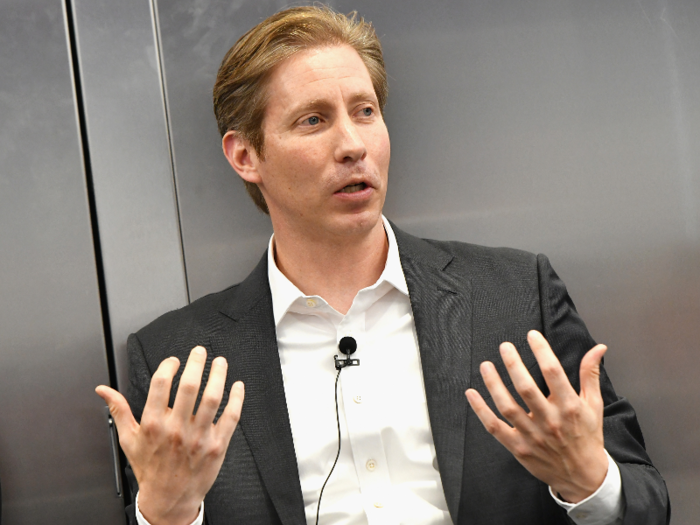
David Fischer is Facebook's ad boss and got a new title in March, chief revenue officer, to reflect his growing responsibilities.
Fischer's elevation from top ad exec is one of the biggest signals that Facebook is seeking to grow revenue beyond its flagship app to its messaging and Instagram apps. The title change also shows how Facebook is trying to get advertisers to view all of its properties as advertising channels.
He joined Facebook in 2010 after leading Google's advertising teams and also worked at the U.S. Treasury Department. He also serves as chair on the Ad Council's board of directors.
Erik Geisler, director of North American agency partnerships
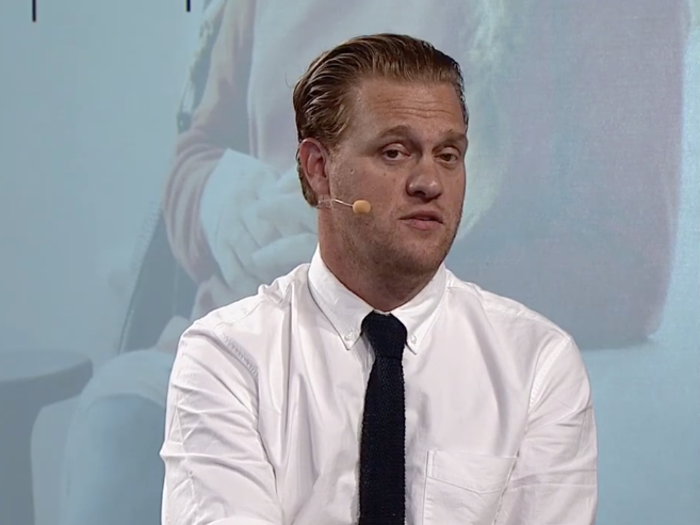
Geisler leads Facebook's work with US-based agencies and has recently been pitching brands on ad formats in Watch, Facebook's big bet on long-form video, putting him on the frontlines of Facebook's push for TV advertising dollars.
In February, Facebook launched an upfront-like advertising program called Showcase that lets advertisers access Facebook Watch's most premium content through guaranteed ad packages.
While ads within Watch are still new, Facebook said the amount of time people spend watching videos in the tab is growing. In June, Facebook said that more than 140 million people watch at least one minute of Watch content per day and that 720 million people view Watch content at least once a month, up from 400 million in 2018.
Geisler is also one of advertisers' go-to execs when it comes to questions about brand safety and concerns that ads can appear next to unsavory video clips.
"Every single piece of content, every program is human reviewed before it is eligible for monetization," Geisler said while announcing Showcase earlier this year. "Brand safety isn't an attribute; brand safety is the product."
Patrick Harris, VP of global agency development
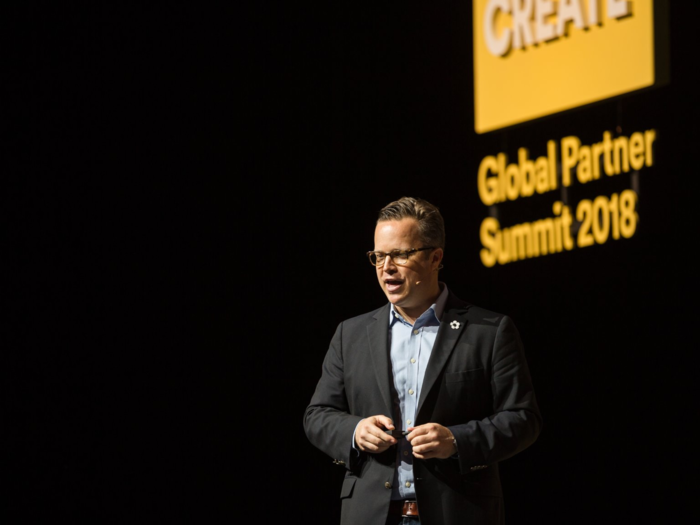
When brand safety or data concerns pop up, it's often CEOs at large agencies who are most vocal in encouraging marketers to blacklist Facebook. Harris, who works with Facebook's biggest global agencies and a growing number of consulting firms, smaller agencies and tech startups, is charged with easing those tensions with large agencies and holding companies.
"It's our responsibility to understand where people are coming from, be available to answer questions and meet with their clients," Harris told AdExchanger recently about vocal agency CEOs. "We would prefer to have advocates versus adversaries, but it's our job to make sure people feel confident enough to be our advocates."
Last year, his team rolled out a suite of tools that helps advertisers of all sizes crank out creative and measure campaigns.
Kay Hsu, global creative lead for Instagram
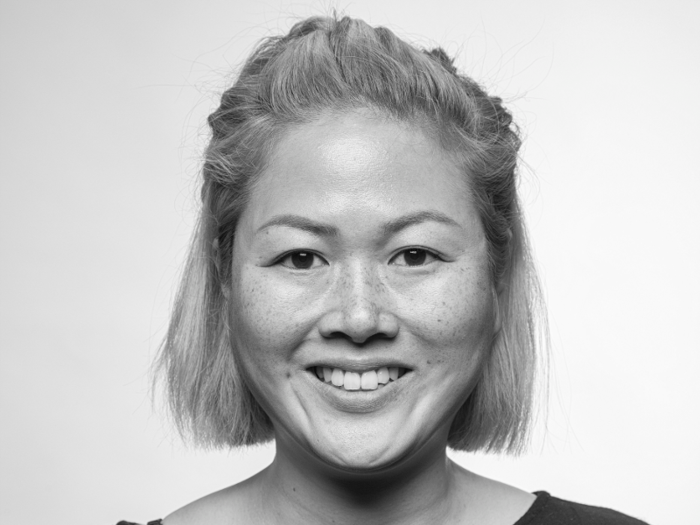
Hsu joined Instagram in 2014 after stints at agencies Huge and LBi to develop some of the app's first advertisements.
Five years later, Instagram has 1 billion daily users and is playing a growing role for Facebook as it looks to diversify its revenue outside of the flagship app.
Hsu coaches advertisers on how to make ads for Instagram, including its creative and newer formats like Stories. Stories are a big focus for Facebook as more advertisers shift from running ads in feeds to the ephemeral format, and Hsu advises brands to focus on vertical content that uses quick cuts and sound.
Rob Leathern, director of product marketing
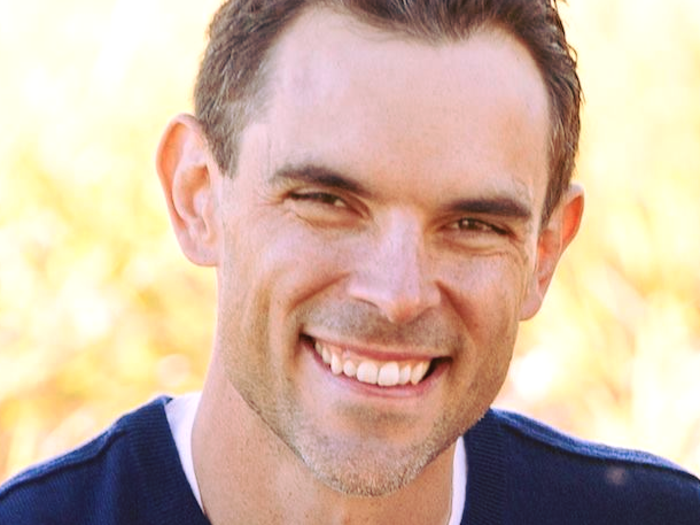
Leathern is a veteran tech entrepreneur and executive who joined Facebook in 2017 to help the company shore up its advertising transparency efforts.
His team rolls out ways to catch spammy ads and promote transparency, including a feature that shows consumers which ads are running on a given Page. His team also developed a process that requires political advertisers to verify their identity before they can run ads, similar to the process required of those advertisers to run TV ads. Political ads are housed on a website called Ad Library for seven years, allowing the public to access old campaigns.
Leathern has faced criticism from marketers who say so-called bad ads still slip through, and he frequently responds on Twitter to people who tweet screenshots of such ads to him. And in November, Facebook relaxed a plan to apply the same scrutiny to news publishers' ads as political ads following criticism from publishers.
"Our initial enforcement practices were intentionally broad," Leathern wrote in a blog post. "We want to do all that we can to support journalism, and we know the inclusion of news ads has been problematic for a number of news organizations."
Dan Levy, VP of products
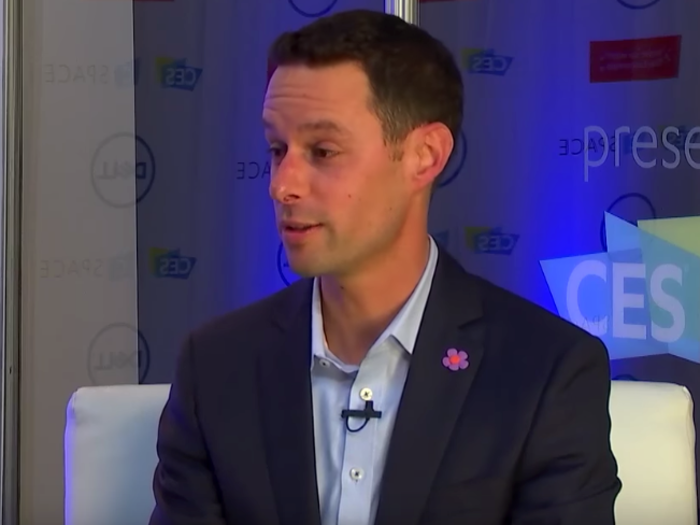
Levy has worked at Facebook for more than 10 years, overseeing small businesses for more than six.
In late 2018, he took on a new role as VP of product and now leads the Ads and Business Platform (ABP), which combines two formerly separate teams: Free products and tools and advertising.
The new role reflects how vital small and mid-size businesses are to Facebook's future. Unlike big brands that dedicate money for advertising, small and mid-size businesses often view the organic content they post for free to their Pages as advertising, Levy told Business Insider in May about the new group.
"It's in our best interest to continue to nurture them, whether they're using the paid or organic products," he said.
Antonio Lucio, global chief marketing officer
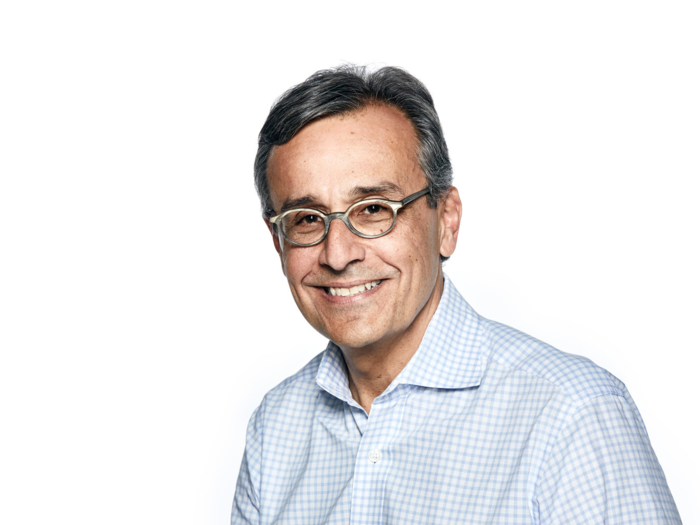
Lucio took on the ambitious task of revamping Facebook's damaged image when he was hired as global CMO last year.
A seasoned brand-builder who had top marketing roles at HP, Visa, and PepsiCo, Lucio is taking lessons from his past to turn around Facebook's reputation, including imposing diversity mandates for his teams and hiring new agencies like Ogilvy and Droga5 for each of the company's properties for the first time.
In addition to winning back trust from advertisers, Lucio is also focused on restoring trust with users to keep them from fleeing the platform.
"Consumers need to understand the moves that we're making as a corporation, that we're moving into privacy-first," he told Business Insider in June. "There's a lot of communication work we're already doing on that front that will be amplified by direct-to-consumer marketing later on in the year."
Kate Orseth, director of media monetization product marketing
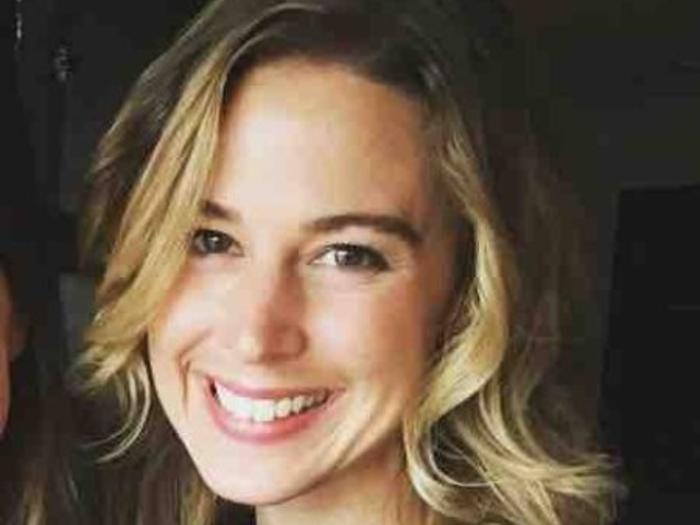
Orseth is behind the Facebook products that publishers and creators use to make money from the content they post on the platform.
Those efforts span ads in Watch, branded content, and subscriptions for creators. Part of Orseth's mandate is to balance those new revenue sources with Facebook's massive scale.
For example, when Facebook launched Watch in the past year, Orseth helped build an ad product that lets advertisers buy video inventory through reserve buying, which requires vetting individual videos for brand safety and quality by a human before they're available for advertisers to buy against.
She also worked on a branded content tool for advertisers looking to find influencers who are interested in making sponsored content.
Rich Rao, VP of small business group
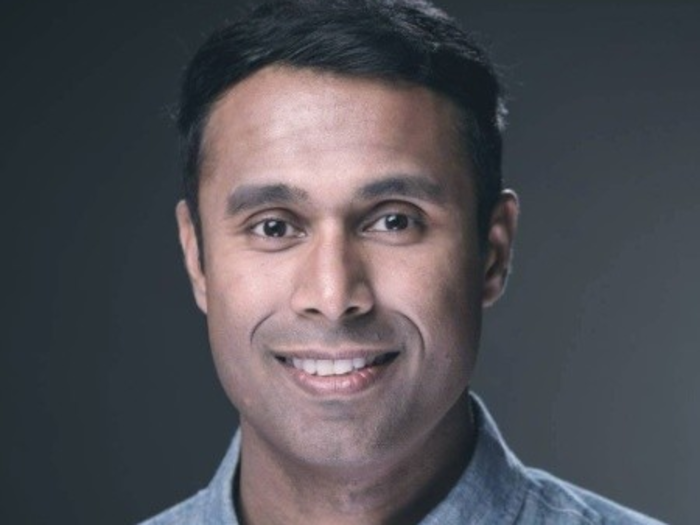
Rao spent 10 years working in sales roles at Google before joining Facebook in 2017 to lead global operations for small and mid-size businesses, which are a growing focus for Facebook. Of the 90 million businesses who use Facebook's tools, only 7 million do paid advertising.
With Dan Levy leaving Facebook's sales organization last year, Rao has recently split up the small to mid-size advertisers accounts with Carolyn Everson. Business Insider reported in February that Everson would manage larger SMB accounts while Rao would handle smaller ones.
Before joining Facebook, Rao worked with Google in global sales and operations roles involving large, small and medium businesses.
Brad Smallwood, VP of marketing science
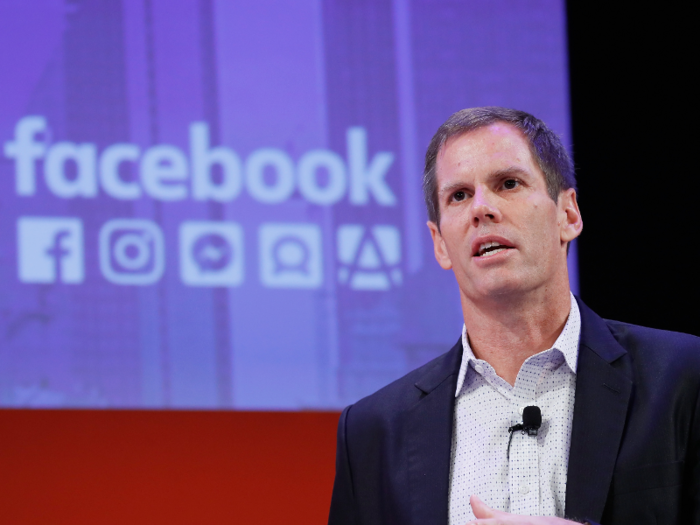
Smallwood, who joined Facebook in 2008, oversees the platform's measurement initiatives.
After it was discovered that Facebook inflated metrics that tracked video view time a few years ago, Facebook's faced pressure from advertisers who have called for third parties to vet its metrics. Procter & Gamble's chief brand officer Marc Pritchard has been particularly vocal about the problems caused by Facebook "grading its own homework."
Smallwood is the face of Facebook's work on this front and is working to receive accreditation from the industry watchdog Media Rating Council, which could help marketers better compare the performance of Facebook ads with other channels. Smallwood's team has also rolled out measurement tools and dashboards for advertisers. He recently floated the idea that platforms could back Nielsen's Digital Ad Ratings product to address marketers' concerns with measurement provided so-called walled gardens.
"We need to know what to build, and we also need people to understand that the privacy piece of this is a real concern," he told Business Insider in January. "We need a solution that ends up meeting the need while maintaining that privacy element."
Jim Squires, Instagram's head of business
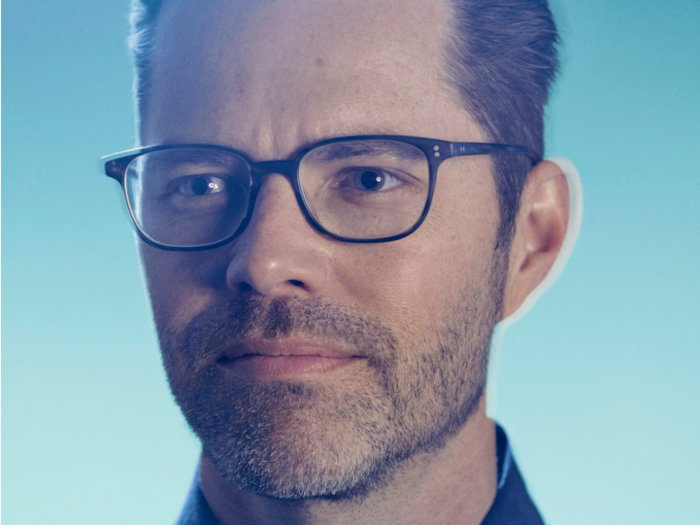
Squires joined Instagram in 2013 when advertising was new on the app, and now advises brands on how to allocate their ad dollars on Instagram. As Facebook looks to drive more ad revenue from Instagram, he manages ad load and helps slot ads into places that won't annoy consumers. Three million advertisers have already made the shift from feeds to Instagram Stories, and he expects that growth to continue.
"There's definitely headroom on the ad load side of Stories, and we will likely increase that over time," he told Business Insider recently.
Instagram is also experimenting with placing ads in the Explore tab, which recommends photos and videos based on what users looked at. Instagram also is moving into e-commerce, where the app takes a cut of sales made through the platform.
Nada Stirratt, VP of global marketing solutions, U.S. and Canada
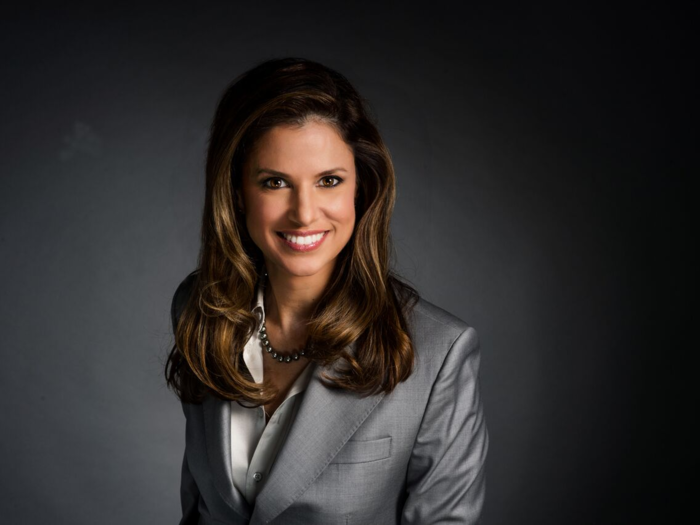
Stirratt is a digital advertising vet who leads a team that works with big US and Canadian marketers to communicate the value of Facebook's platform across Instagram, Messenger and the flagship app.
That includes advising brands on how to make vertical content for Stories and helping verticals like luxury brands make mobile campaigns.
Stirratt was CEO of mobile ad firm Verve before joining Facebook in 2017. She's also held top roles at Acxiom, Myspace, and MTV Networks.
Rapha Vasconcellos, global head of Creative Shop
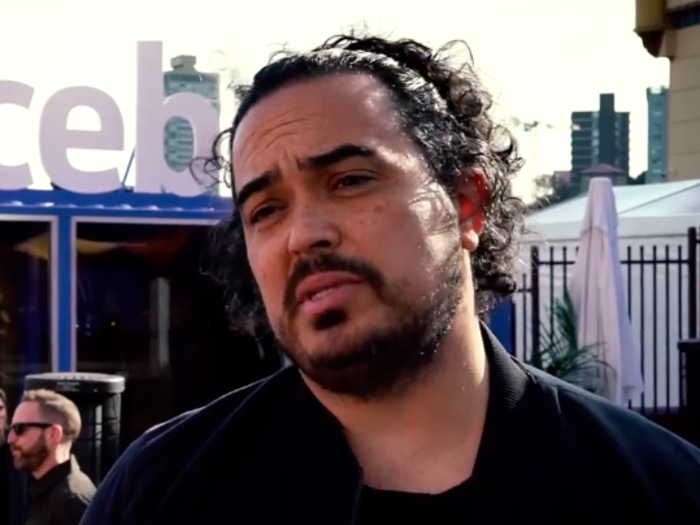
Vasconcellos leads Facebook's in-house Creative Shop, an arm that builds ad campaigns for its properties using the platform's data.
He manages a team of 300 employees across 38 markets, according to a report announcing his promotion. Facebook's Creative Shop has worked with brands like Old Spice to create a 48-hour Facebook Live video and a series of posts and a chatbot for Red Bull.
He was named to the position in November, filling the role that was briefly held by global creative director Andrew Keller, former Crispin Porter & Bogusky CEO, after Mark D'Arcy was promoted last year.
Previously, Vasconcellos spent six years running the Asia-Pacific and Latin America Creative Shop offices.
Liron Wand, head of developer partnerships at Messenger
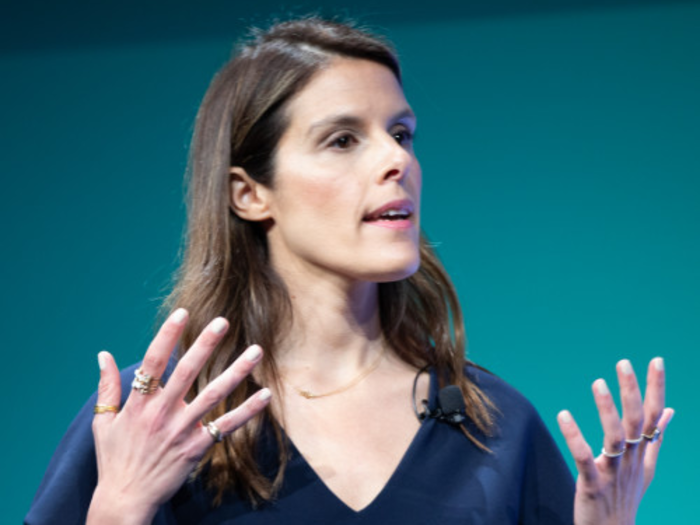
Facebook is betting big on messaging as part of its move towards encryption, and Wand is tasked with helping brands create chatbots to do one-on-one messaging with customers.
Messenger was front and center at Facebook's annual F8 developer conference this year, where Wand talked about the lead generation and customer acquisition opportunities of branded chatbots for marketers like Haven Life.
Wand has worked at Facebook for a year. She previously led client teams at Kenshoo and worked on advertising products at Google.
Popular Right Now
Popular Keywords
Advertisement